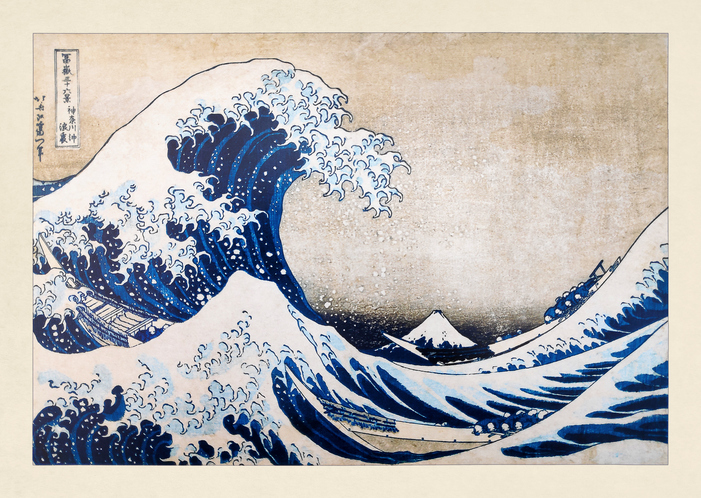[ad_1]

Individuals who grow up speaking English by no means have to fear about 1 of the odder elements of our grammar: noncount nouns (also called mass nouns).
These are words like sand or butter that don’t have regular plural kinds, really don’t use indefinite article content like a or an, and acquire singular verbs (“the butter is melting” “sand blew into his face”). The strategy is that this form of word notionally can’t be counted even although sand is made up of several tiny areas, when we say “sand,” as when we say “water,” we imply an uncountable mass (not like, say pebble or snowflake). They are modified by words and phrases like more, much, most, and some. You just can’t say “a few sand” or “I will need lots of drinking water,” for example. A French person would say “I have to have to get my hairs minimize,” which may seem humorous but is logical. English grammar is not identified by logic.
Mass nouns are different from zero plural nouns, for which the plural is the identical as the singular: deer, sheep, trout, shrimp, offspring, sequence, Japanese. Here are a several illustrations of mass nouns: air, gear, dust, hair, traffic, milk, furniture, applause, baseball, photography, hurt. These terms don’t just take the classic plural -s or -es ending—except sometimes.
Some mass nouns have plurals that are like tuxedoes: only taken out on unique situations. Their very oddness conveys an quick comprehending that a thing different is being expressed—often one thing extra figurative or poetic:
The waters of March
The sands of Iwo Jima
The snows of yesteryear
The labors of Hercules
Blue skies
Just one of the most well known illustrations of this exclusive literary plural is loaves and fishes. The real line from the 1611 King James Bible is “And they say unto him, We have below but five loaves, and two fishes.” In fact, several instances of the plural of fish are rendered as fishes in this translation of the Bible, as well as in the 1599 Geneva Bible. These scenarios replicate literal translations of the plural (not mass noun) of fish in Greek. Waters is also usually made use of as the plural of water in these early English editions of the Bible.
Fishes can also be applied when talking about a lot more than a single precise type or species of fish, as in “all the fishes of the sea.”
Pluralizing of mass nouns is also in some cases witnessed in tutorial language it delivers a official tone to the creating and draws consideration to itself through its variance from the typical or anticipated grammatical variety, and allows for distinctions to be created within disciplines these as musics or literatures. If you develop into acquainted with this refined plural convention, you are going to have just one additional way to display all your learnings.
Abide by Peter Sokolowski, editor-at-large for Merriam-Webster, on Twitter @PeterSokolowski
[ad_2]
Resource connection





